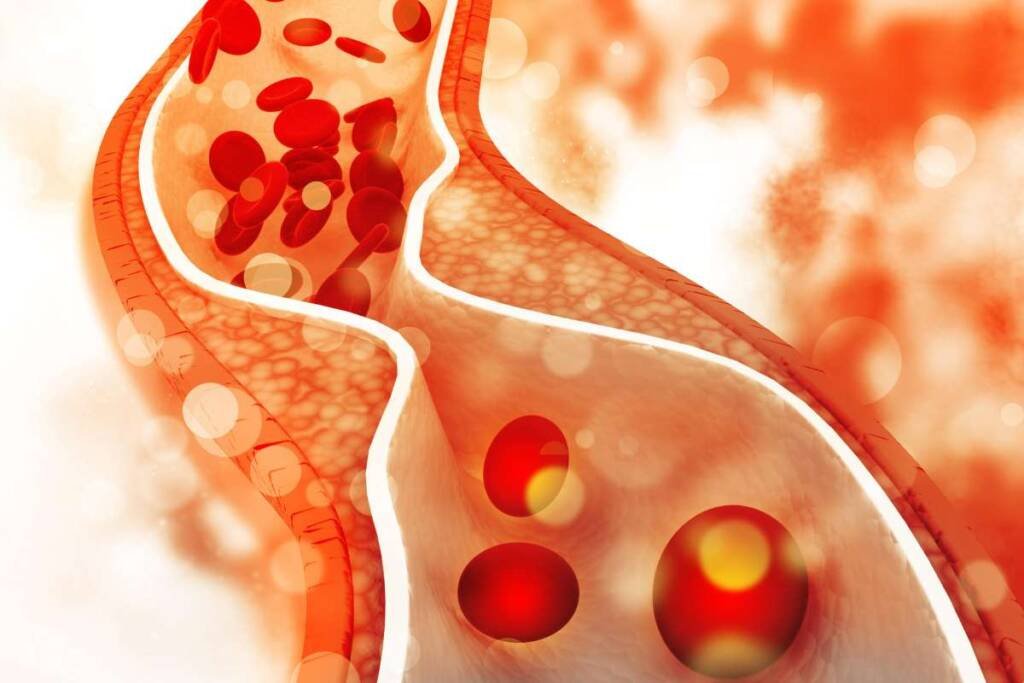In a revelation that promises to reshape the landscape of cardiovascular health, biotechnology giant Amgen has unveiled extraordinary findings from the final analysis of their Phase 2 OCEAN(a)-DOSE study. The stage was set at the illustrious European Society of Cardiology (ESC) Annual Meeting, where the scientific world stood witness to a pivotal moment in medical history.
At the heart of this groundbreaking revelation is olpasiran, a small interfering RNA (siRNA) that has ignited fervent curiosity among researchers and medical professionals alike. In a resounding affirmation of olpasiran’s potential, the study’s off-treatment extension phase delivered results that resonated like an echo across time. A year after the last dose, olpasiran demonstrated an enduring influence on Lp(a) reduction – an outcome that holds profound implications for the future of cardiac care.
In a stride towards reshaping treatment paradigms, the OCEAN(a)-DOSE Phase 2 study, announced with great fanfare in November 2022, emerged as a harbinger of a new era in cardiology. The administration of olpasiran at doses ≥75 mg Q12W orchestrated an astounding reduction of patients’ Lp(a) levels by a staggering >95% at week 36. A triumph in itself, this achievement laid the foundation for a narrative that only grew more captivating with time.
“We are dedicated to reducing LDL cholesterol levels in people globally and continuing to pioneer ways to address the greatest risk factors in cardiovascular disease, including Lp(a). Worldwide, millions of people are at an increased risk of cardiovascular events due to elevated Lp(a) levels. Unfortunately, there are no approved medicines. Data from the off-treatment extension period provide additional evidence of olpasiran’s lasting effect in reducing Lp(a) levels. We are quickly advancing the Phase 3 cardiovascular outcome trial.”
– Paul Burton, senior vice president and chief medical officer at Amgen
Amid the suspense, the off-treatment extension phase emerged as the pièce de résistance. A revelation that verged on the miraculous, patients previously exposed to ≥75 mg of olpasiran exhibited a remarkable placebo-adjusted percent reduction in Lp(a) – a remarkable 40-50% decline – even as the echoes of the last dose reverberated for almost a year. This enduring impact stands as a testament to the potential of olpasiran, hinting at a transformative approach to managing cardiovascular health.
The resounding impact of olpasiran extended beyond mere numbers. The scientific world beheld a revelation that promises to illuminate the path towards countering atherosclerosis, a silent predator that has haunted generations. A first-of-its-kind inquiry into olpasiran’s effect on a pivotal biomarker associated with atherosclerosis, pro-atherogenic OxPL-apoB [Oxidized Phospholipids (Ox-PL) on apoB-100 (apoB)], delivered insights that reverberated like a clarion call across laboratories. Throughout the treatment phase, olpasiran masterfully orchestrated a dose-dependent reduction in this biomarker, adding a new layer of promise to its formidable capabilities.
“Additional results from the OCEAN(a)-DOSE study continue to be encouraging, as they tell us olpasiran not only robustly reduces Lp(a) levels, but that it has a long-lasting effect on this important risk factor for ASCVD. Additionally, we were able to show that olpasiran reduced OxPL-apoB, further adding to the potential of RNA interference with olpasiran as a promising treatment approach to reducing elevated Lp(a).”
– Michelle L. O’Donoghue, MD, MPH, associate professor, Harvard Medical School, Cardiovascular Medicine and lead investigator of the OCEAN(a)-DOSE study
Yet, the saga of Amgen’s revelation did not end there. The quest for innovation was matched by an unwavering commitment to safety. As the off-treatment extension phase unveiled its wonders, it also cast aside any apprehensions regarding safety. The journey paved by olpasiran was devoid of ominous shadows, with no novel safety concerns surfacing during this period.
The unveiling of Amgen’s findings has ushered in a new dawn in the world of cardiovascular research. The echoes of the ESC Annual Meeting will resonate far beyond Amsterdam, inspiring medical professionals, researchers, and dreamers to embark on a journey that leads us ever closer to conquering the challenges of the heart. The story of olpasiran is far from over; it is a prologue to a chapter of hope, discovery, and transformation in the realm of cardiac care.





























